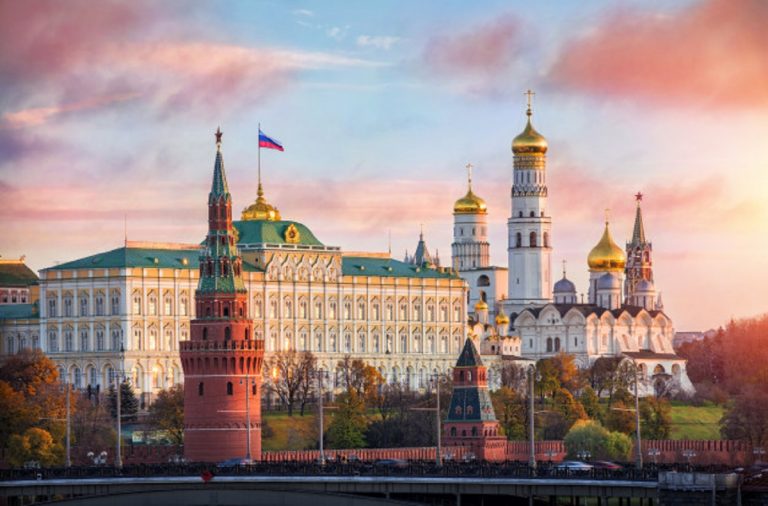Czech citizens advised to leave Russia. Photo Credit: Freepik
Prague, Oct 4 (CTK) – Reacting to recent developments, the Foreign Ministry yesterday updated its advice for Czech citizens to leave Russia over the threat of a worsening security situation in the country in connection with the Russian invasion of Ukraine, according to ministry spokeswoman Lenka Do.
The ministry’s recommendation for Czechs to leave Russia has been in place since February. The updated advice cites, for example, the partial military mobilisation in Russia and the invalidity of payment cards issued in the Czech Republic.
The security situation may worsen, especially for the citizens of EU and NATO countries, the ministry said on its website. It also warned against travel to Russia.
The office also called on Czechs who have long-term residence in Russia to register with the Drozd system for travellers.
If Czech citizens decide to stay in Russia, they are advised to observe maximum caution, watch trustworthy media, and have a plan ready to leave Russia if necessary.
Since Russia declared a partial mobilisation, Czech citizens who also have Russian citizenship can be treated simply as Russian citizens by the Russian authorities. The Czech diplomatic office in Moscow cannot provide them with full-fledged consular protection.
The ministry said Czech citizens should also avoid demonstrations, and should carry identification documents with them at all times due to reinforced police patrols in the streets.
The ministry also warned that due to the escalating relations between Russia and EU and NATO countries, the work of diplomatic offices in Russia may be reduced.
Due to sanctions imposed on Russia, international payment cards issued in the Czech Republic no longer work. As such, the ministry recommends that Czechs who remain in or travel to Russia should carry sufficient cash.
EU airspace is closed to airlines from Russia. As a result, some links from and to Russia have been suspended.
“Right now, one can still buy air tickets from Russia to Armenia, Azerbaijan, Egypt, Kazakhstan, the United Arab Emirates, Serbia, Turkey and other countries outside Europe,” the ministry said.








